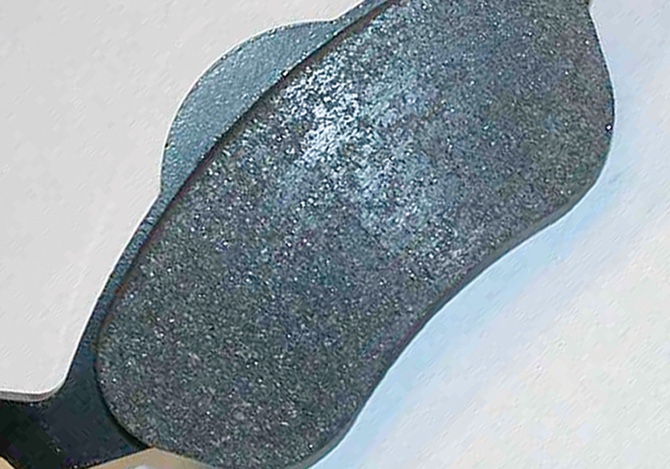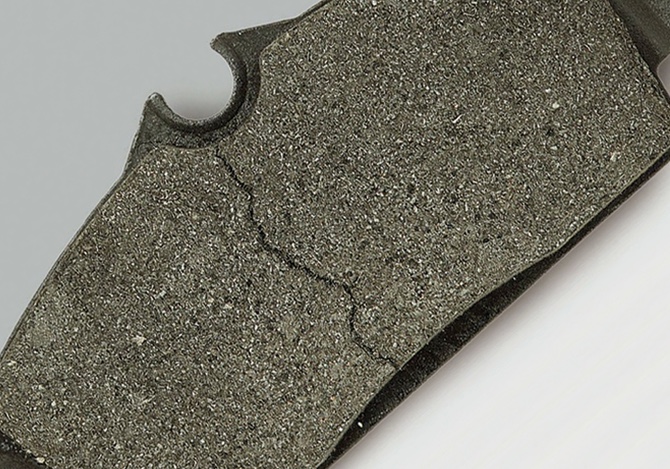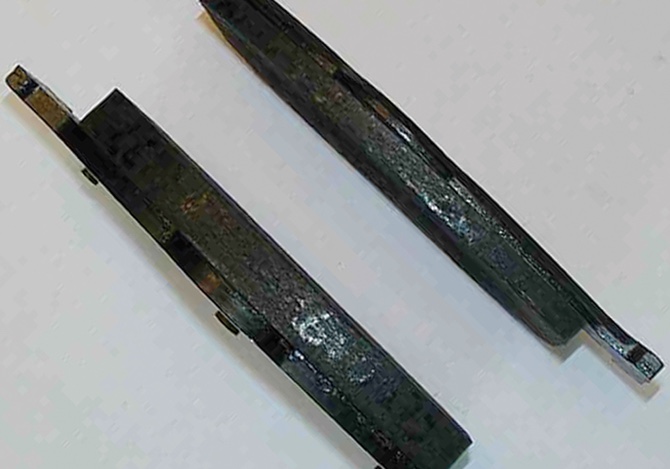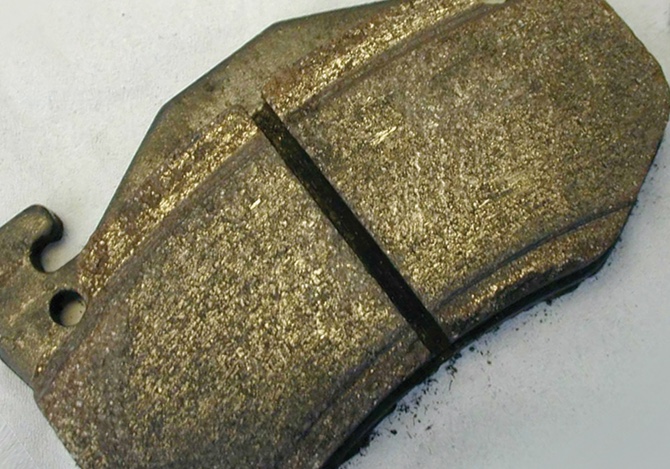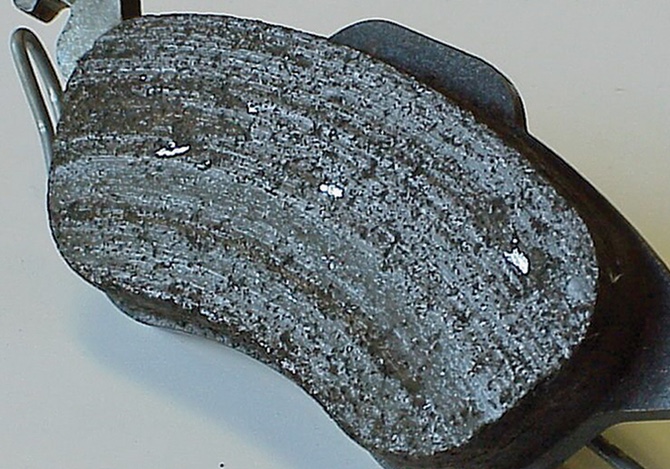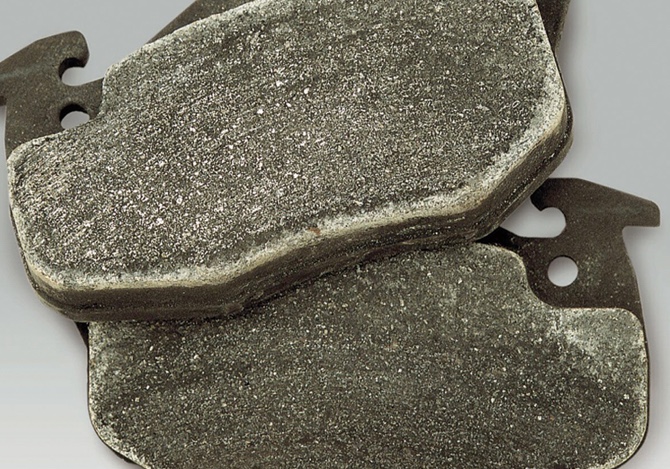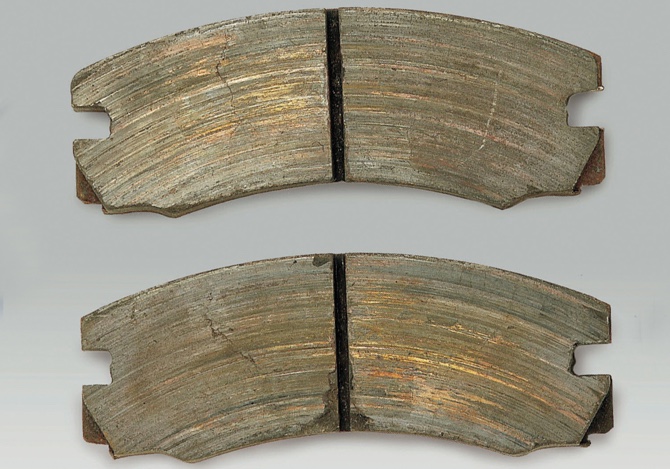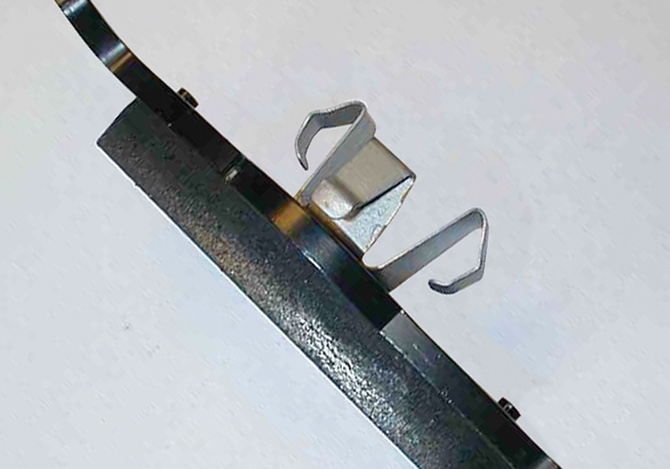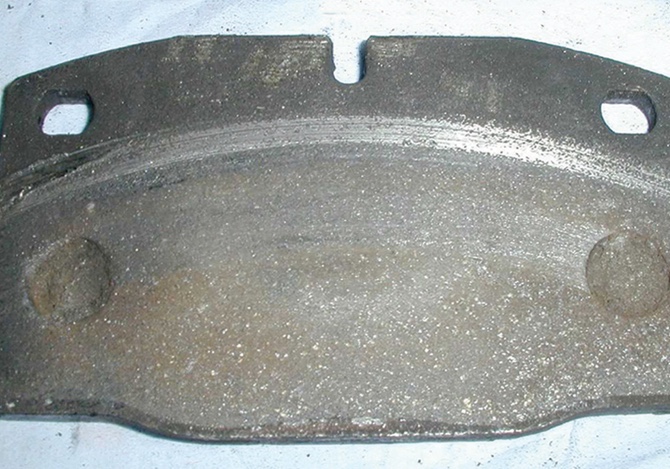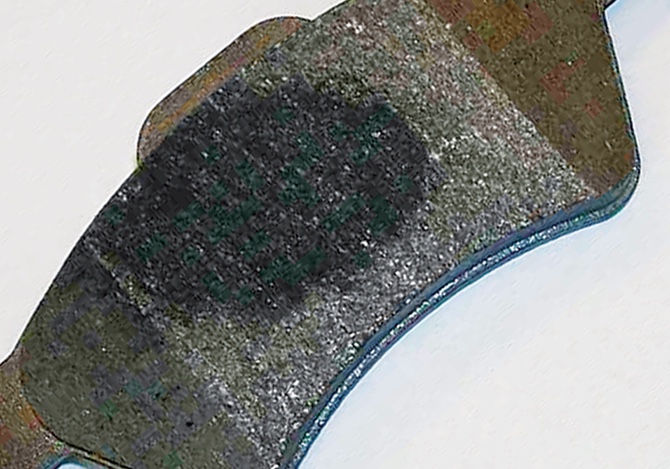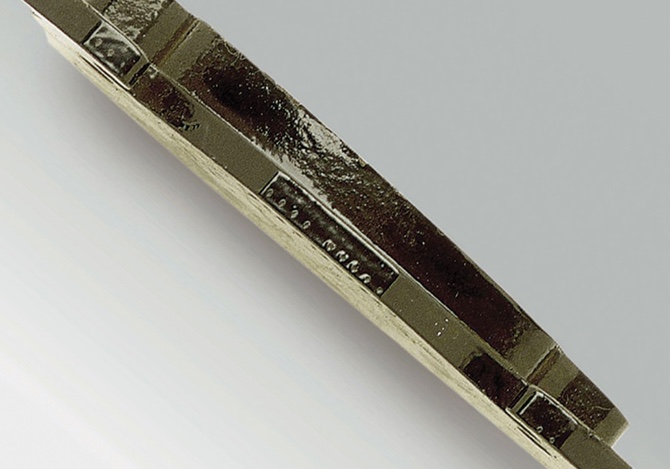Do you notice your brakes grinding, brake noise or squeaking brake problems? Squeaky brakes can be an indicator of brake wear and indicate you may need a brake replacement.
If you have questions about brake wear, use this handy brake pad replacement indicator chart to help identify disc brake problems and their causes, effects and solutions.
Think it may be time to replace your brakes? Be sure to see a professional to determine when to change brake pads and components.
Learn more about quality brake parts, find your car part, or find where to buy your auto part today.
The content contained in this article is for entertainment and informational purposes only and should not be used in lieu of seeking professional advice from a certified technician or mechanic. We encourage you to consult with a certified technician or mechanic if you have specific questions or concerns relating to any of the topics covered herein. Under no circumstances will we be liable for any loss or damage caused by your reliance on any content.
OTHER PARTS FOR YOUR VEHICLE
Wagner® offers a wide variety of products for all of your automotive needs. Check them out today!
